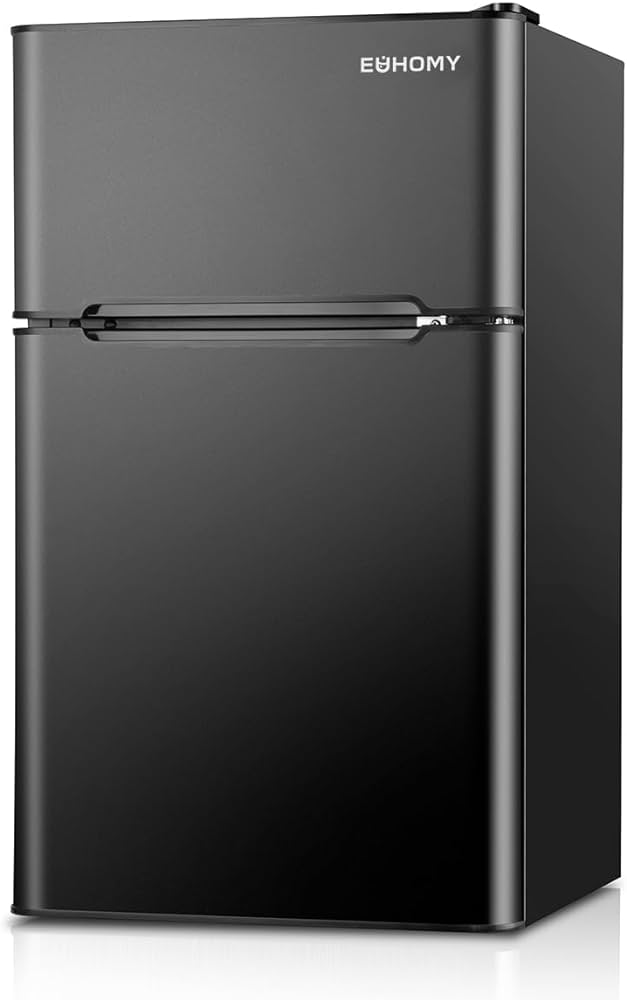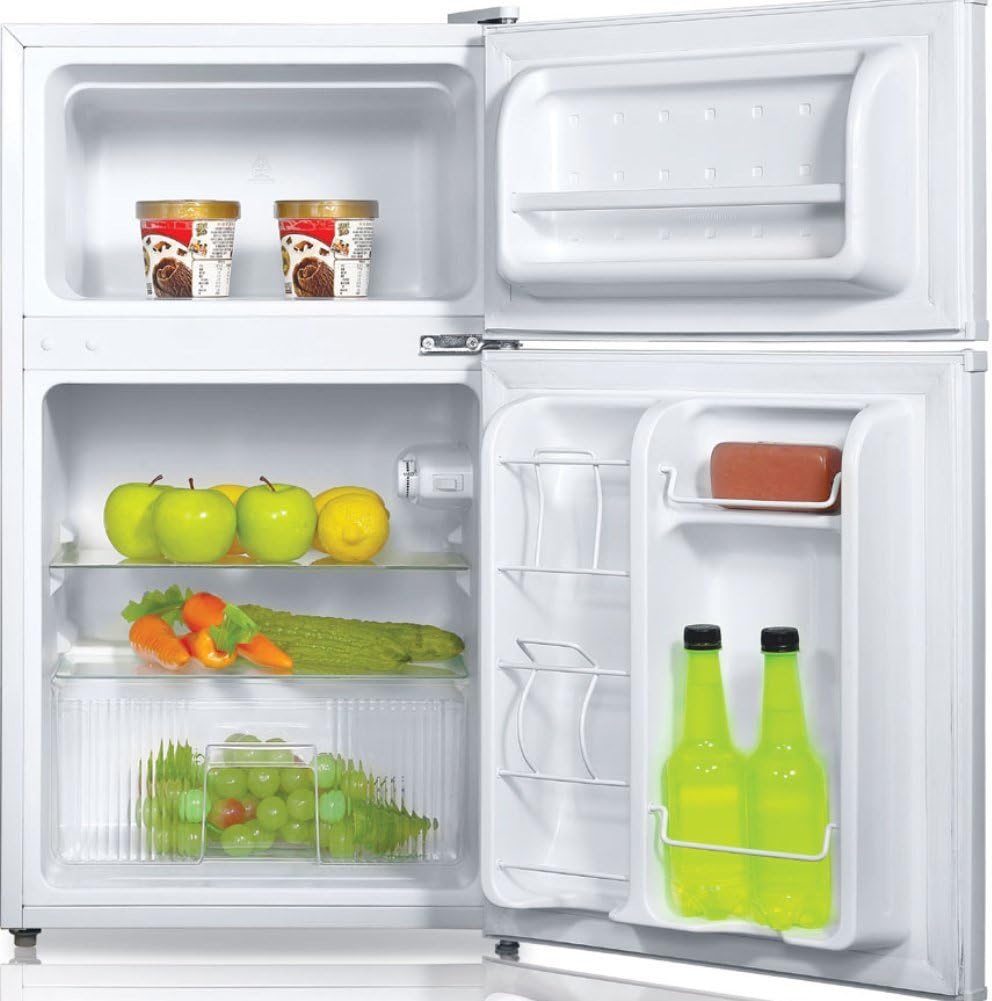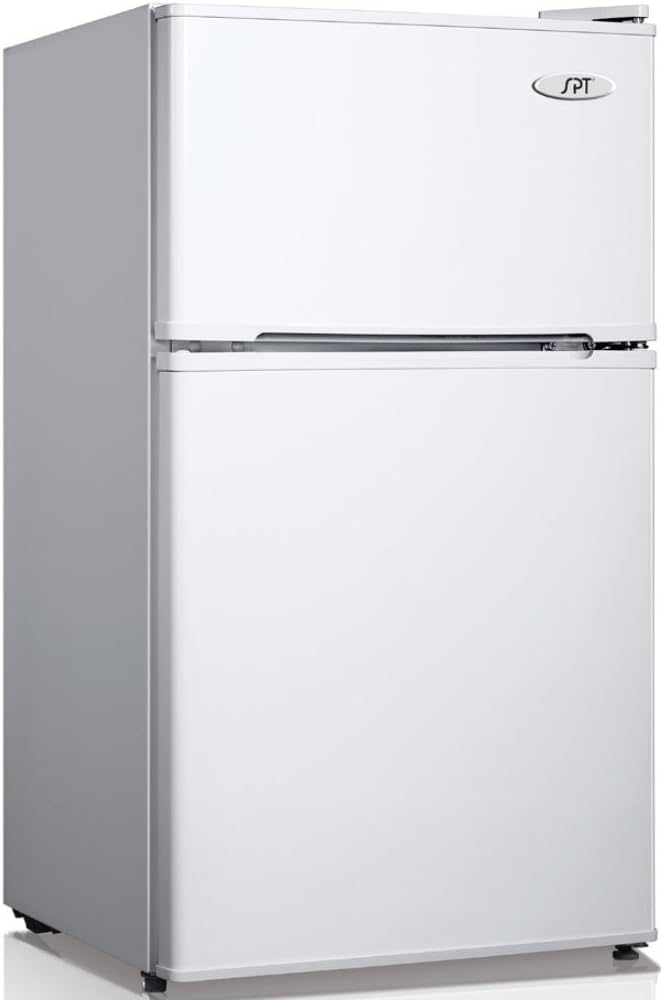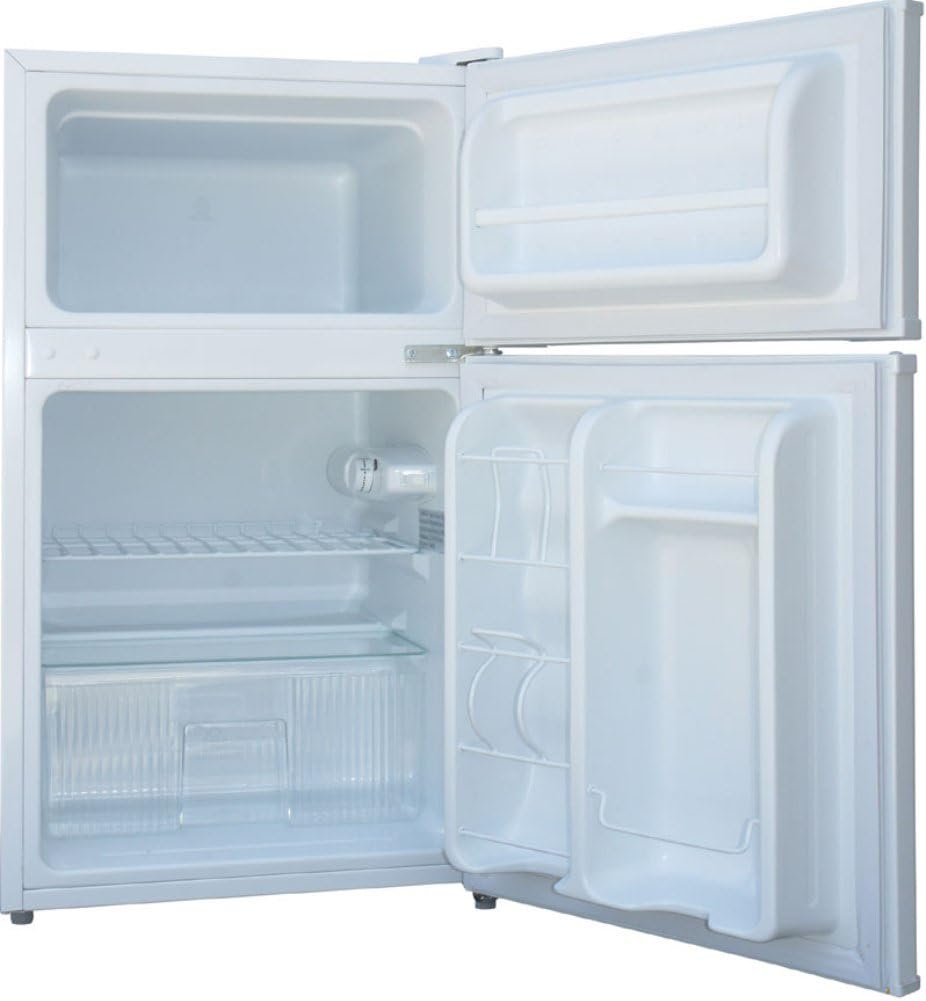Introduction:
Unpleasant odors in a refrigerator can be a persistent and frustrating problem. Whether caused by spoiled food, spills, or a buildup of bacteria, these smells can linger and affect the overall freshness of your fridge’s contents. Fortunately, there are several strategies for eliminating these odors and restoring a clean and pleasant atmosphere to your refrigerator. This comprehensive guide covers various methods to get rid of smells from your refrigerator, including deep cleaning techniques, natural odor absorbers, and preventive measures to keep your appliance fresh.

How to Get Smell Out of Refrigerator:
Effective Methods for a Fresh Appliance
Identifying the Source:
How to Pinpoint and Address the Cause of Bad Smells?
Before tackling refrigerator odors, it’s essential to identify and eliminate the root cause.
Inspect Food Items:
Check for Spoiled Food:
The most common source of refrigerator odors is spoiled or expired food. Carefully examine all items in your fridge, checking expiration dates and looking for signs of spoilage, such as mold, discoloration, or foul smells. Remove any suspicious or expired items immediately.
Store Food Properly:
Ensure all food is stored in airtight containers or securely wrapped to prevent odors from escaping. Foods with strong smells, such as onions, fish, or cheeses, should be double-wrapped or placed in containers with tight-fitting lids.
Clean Up Spills:
Addressing Spills Immediately:
Spills can contribute to lingering odors if not cleaned up properly. Liquids from raw meat, dairy products, or sauces can seep into the fridge’s surfaces, becoming a breeding ground for bacteria. Wipe up spills as soon as they occur with a cloth or paper towel and a mild detergent.
Thorough Cleaning Needed:
For dried or stubborn spills, remove shelves and drawers if possible, and clean them thoroughly with a mixture of warm water and mild dish soap. Rinse thoroughly and allow them to dry completely before placing them back in the refrigerator.
 Deep Cleaning:
Deep Cleaning:
What Are the Steps for a Comprehensive Refrigerator Clean?
A deep cleaning session can significantly reduce or eliminate persistent refrigerator odors.
Empty the Fridge:
Temporary Storage:
Start by removing all food items from the refrigerator. Place perishable items in a cooler with ice packs to keep them cold during the cleaning process. This step ensures you can thoroughly clean every corner of the fridge.
Disassemble Components:
Remove Shelves and Drawers:
Take out all removable shelves, drawers, and bins. This will make it easier to clean both these components and the interior walls of the refrigerator. Lay them aside to be cleaned separately.
Cleaning Solutions:
Natural Cleaners:
Prepare a cleaning solution using natural ingredients to avoid introducing harsh chemicals. A mixture of one part white vinegar to two parts water is effective for cleaning and neutralizing odors. Alternatively, a mixture of baking soda and water can also work well.
Cleaning Process:
Scrub Surfaces:
Use a sponge or cloth dipped in the cleaning solution to scrub all interior surfaces, including walls, the ceiling, and door seals. Pay special attention to areas with visible stains or spills. Rinse with a cloth dampened with clean water and dry with a clean towel.
Cleaning Removable Parts:
Wash Separately:
Clean the shelves, drawers, and bins separately using the same cleaning solution. Scrub thoroughly, rinse well, and allow them to air dry completely before putting them back in the refrigerator.
 Odor Absorbers:
Odor Absorbers:
How Can Natural Odor Absorbers Help?
Natural odor absorbers can help neutralize and eliminate lingering smells in your refrigerator.
Baking Soda:
Effective and Inexpensive:
Baking soda is one of the most effective and inexpensive odor absorbers. Place an open box of baking soda in the back of your refrigerator. Replace it every three months for ongoing odor control.
Enhanced Effectiveness:
For stronger odors, spread baking soda on a baking sheet and place it in the refrigerator for 24 hours. This increases the surface area and makes the baking soda more effective at absorbing odors.
Activated Charcoal:
Powerful Odor Neutralizer:
Activated charcoal is another highly effective odor absorber. Place a few pieces of activated charcoal in a bowl or breathable bag and put it in the refrigerator. It will start to absorb any unpleasant smells.
Renewing Charcoal:
Replace the charcoal every few months or as needed. You can also rejuvenate it by placing it in the sun for a few hours to release absorbed odors.
Coffee Grounds:
Fresh Scent:
Fresh coffee grounds can absorb odors and leave a pleasant scent. Place a bowl of dry, unused coffee grounds in the fridge for a few days. The grounds will absorb bad smells and replace them with a mild coffee scent.
Replacing Grounds:
For ongoing freshness, replace the coffee grounds every couple of weeks or as they lose their ability to neutralize odors.
Essential Oils:
Natural Fresheners:
Essential oils like tea tree, lavender, or lemon can add a fresh scent to your refrigerator. Place a few drops on a cotton ball or a piece of baking soda and leave it in the fridge.
Reapplication:
Reapply essential oils every few weeks to maintain a fresh, pleasant aroma.
 Removing Persistent Odors:
Removing Persistent Odors:
How to Tackle Stubborn Smells?
For particularly stubborn odors, additional measures may be needed.
Activated Charcoal Packets:
Enhanced Absorption:
Use commercially available activated charcoal packets designed for refrigerators. Place the packets in different sections of the fridge. They offer enhanced odor absorption compared to baking soda and last longer.
Vinegar Solution:
Deep Cleaning:
If odors persist, consider wiping down the interior surfaces with undiluted white vinegar. Allow the vinegar to sit on the surfaces for a few minutes before wiping it clean with a damp cloth. Vinegar’s acidity helps neutralize strong smells effectively.
Commercial Odor Removers:
Professional Solutions:
There are specialized odor-removing products available for refrigerators. These gels, sprays, or packets are formulated to tackle stubborn smells. Follow the product instructions for best results.
Replacing Problem Areas:
Addressing Severg Issues:
In extreme cases where odors persist despite thorough cleaning, the problem may lie within the fridge’s mechanical components, such as the drip pan or insulation. Consult a professional technician to assess and replace any areas contributing to the problem.
Maintenance Tips:
How Can You Prevent Future Odors?
Preventing odors from developing in the first place is key to maintaining a fresh refrigerator.
Regular Cleaning:
Consistent Upkeep:
Perform regular cleanings of your refrigerator every three to four months. This prevents the buildup of spills and residues that can lead to odors.
Spill Management:
Immediate Action:
Clean up spills immediately to prevent liquids from seeping into hard-to-reach areas where they can grow bacteria and mold. Using a mild detergent and warm water ensures thorough and effective cleanup.
 Organized Storage:
Organized Storage:
Proper Food Arrangement:
Organize your refrigerator to ensure proper airflow and visibility of all food items. Store raw meats on the lower shelves to prevent drips onto other foods, and keep fruits and vegetables in designated drawers. Use clear, airtight containers for leftovers and other perishable items.
Monitor Expiry Dates:
Rotating Stock:
Regularly check the expiry dates of food items and rotate your stock to ensure older items are used first. This minimizes the risk of spoilage and subsequent odors.
Use Deodorizers:
Proactive Odor Control:
Keep a box of baking soda or activated charcoal in the fridge at all times to continuously absorb potential odors. Replace these odor absorbers every few months to maintain their effectiveness.
Proper Temperature Settings:
Optimal Cooling:
Ensure your refrigerator is set to the right temperature, typically between 37°F (3°C) and 40°F (4°C) for the fridge compartment. Proper cooling helps slow down the growth of bacteria and mold, reducing the chances of odors developing.
Airflow Management:
Avoid Overcrowding:
Do not overcrowd the refrigerator, as this can impede airflow and lead to uneven cooling. An overfilled fridge can cause certain areas to be less effective at maintaining the proper temperature, which can contribute to spoilage and odors.
Conclusion
Getting rid of unpleasant odors in your refrigerator requires a combination of identifying and eliminating the source, thorough cleaning, and ongoing maintenance. By following these steps and utilizing natural odor absorbers like baking soda, activated charcoal, and essential oils, you can refresh your refrigerator and keep it smelling clean. Implementing preventive measures such as regular cleaning, proper food storage, and maintaining optimal temperature settings will help ensure that your refrigerator remains odor-free. A proactive approach to fridge maintenance not only enhances the freshness of your appliance but also contributes to better food preservation and overall kitchen hygiene.
